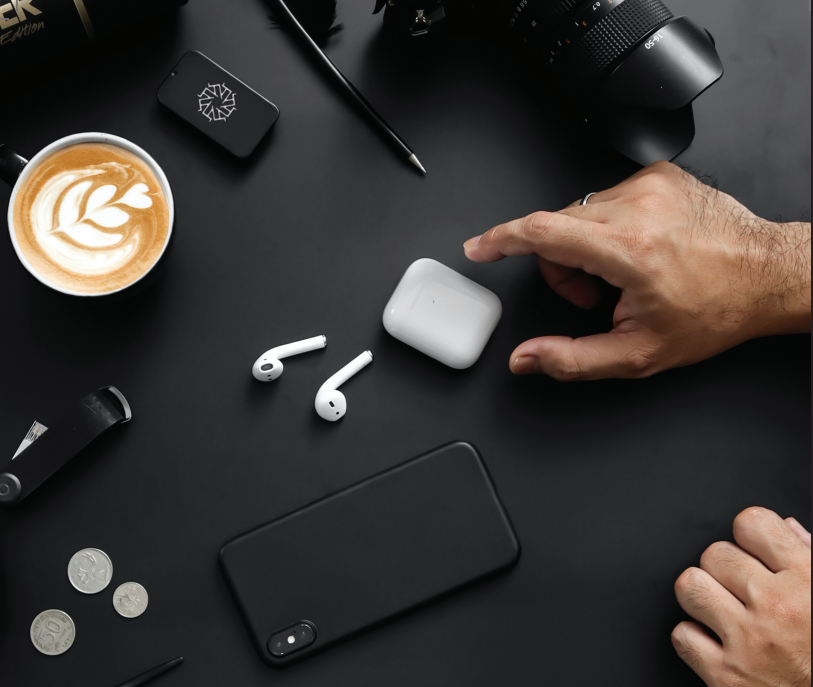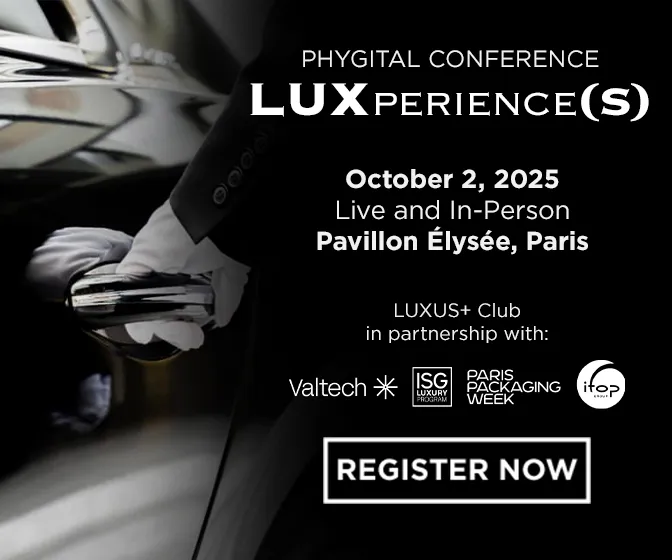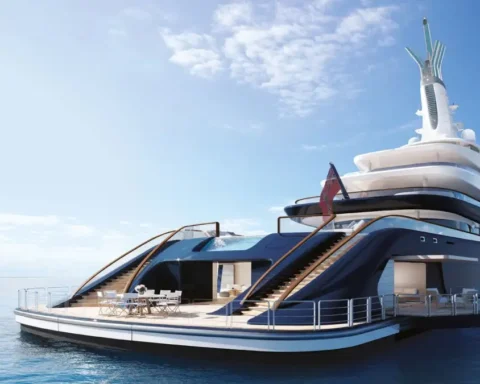[vc_row][vc_column][vc_column_text]
The world of traditional commerce follows a fairly straight and constant guideline. This is why, despite the evolution of purchasing behavior, e-commerce has been slow to spread to the luxury sector. But today, we can see real investments by companies in the development of this channel.
And for good reason, according to Bain & Co, online channels represented 12% of the market in 2019 and should represent 25% by 2025.
If the volume of transactions for luxury brands grew by only 2% during the confinement, the loss of turnover for luxury will be 25% in the first quarter of 2020. Over the whole year 2020, the luxury market could thus reach between -20% and -35%. Therefore, to return to sales, luxury brands must more than ever ensure the development of their e-commerce.
And this, especially since the confinement has pushed consumers to shop differently, smartphone in hand from home. Getting purchases delivered to their doorstep has become commonplace for consumers in these times of quarantine, and while the norms of social distancing continue.
The mobile, a new “hub” for access to a range of digital services
These new behaviors have created new needs and demands for technology and performance, especially for the new generations of “swipe” enthusiasts for whom computers already seem old.
This is why the mobile, ultra-fast and responsive, has emerged as the new “hub” for access to a range of digital services, including the purchasing process, to the point of becoming the standard in times of confinement and is the primary source of traffic on almost all e-commerce sites.
More accessible than a computer, less impersonal than a tablet, the smartphone has not left the hands of the people that are confined at home – 62% of French people have admitted spending more time than before on their cell phone, according to a study conducted by Ifop from March 25 to 27, 2020.
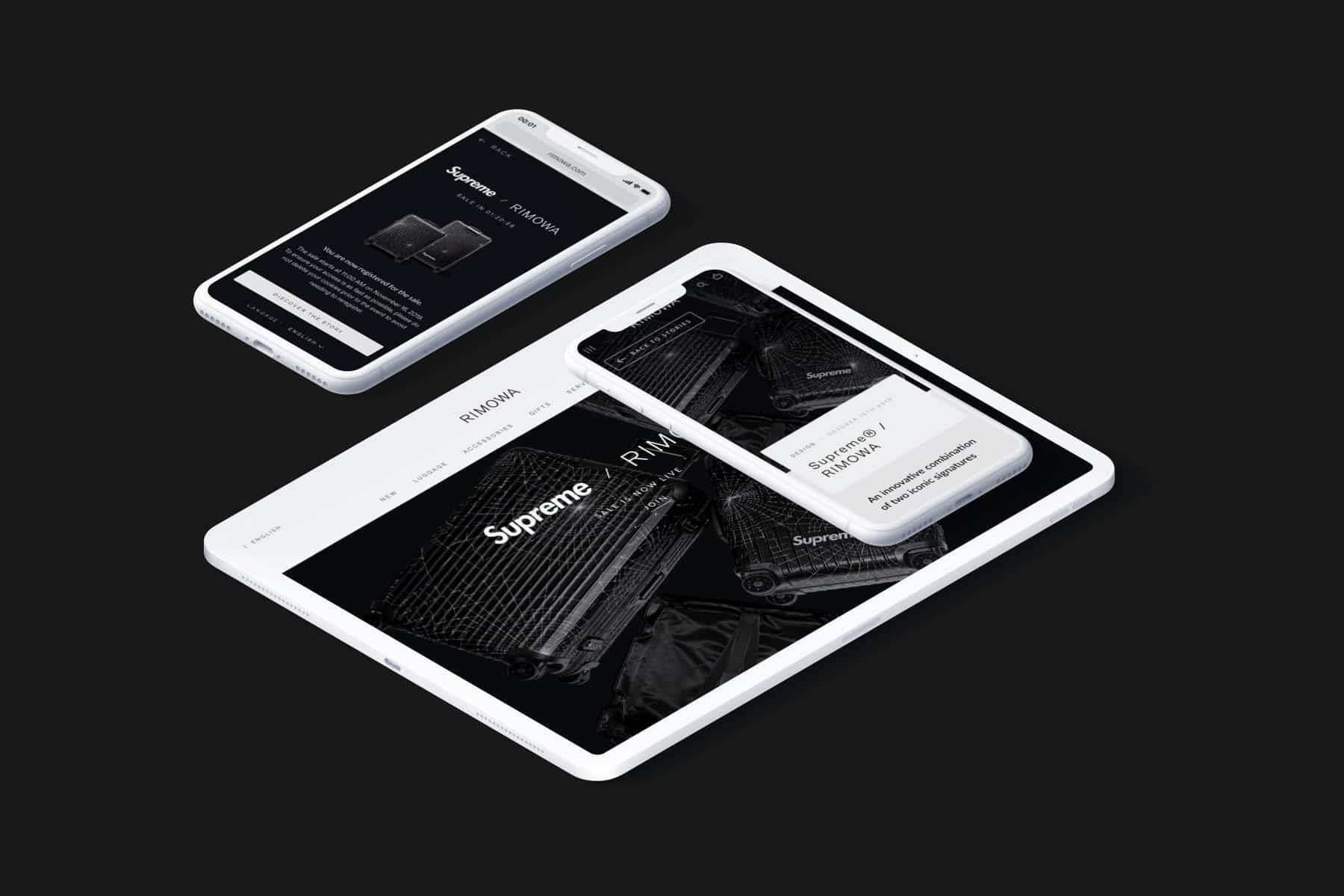
And on e-commerce sites, the number of unique visitors on cell phones exceeded the number of unique visitors on PCs in France, the United States, Spain and Italy. According to a study by eMarketer, retail sales on smartphones will represent $48.8 million in the UK in 2020 compared to $28.65 million for sales on tablets, and M-commerce sales will reach for the first time this year more than half of total e-commerce sales in the retail market, i.e. $78 billion.
Thanks to its connectivity, allowing ultra-fast web browsing, and its various devices that make it an amplifier of social links, the smartphone has become a real everyday tool and its use has become a reflex in people’s forties; ” faced with the anguish of this unprecedented situation, we are compensating for a feeling of emptiness created by social distancing “, explains Stéphane Hugon, sociologist and founder of the consulting firm Eranos.
From window-shopping to “screenshopping“: luxury at your fingertips
From window-shopping to “screenshopping“: luxury at your fingertips In the era of “mobile thinking” for the growing number of “mobinautes“, the smartphone screen has become the only showcase for luxury brands and thus an extraordinary growth driver for them, which have therefore made investment in efficient mobile technologies a priority.
But above all, the smartphone screen has been the only showcase for consumers and the only way to perpetuate the act of buying. So if until now, in 80% of cases, the first contact with the product was made on the smartphone, with the confinement, this rate has risen to 100%.
The frustration, born of not being able to leave the house for months at a time, has also rekindled the desire for “pleasure” spending to “console” oneself, and consumers have increasingly turned to “less” necessary industries such as fashion and luxury.
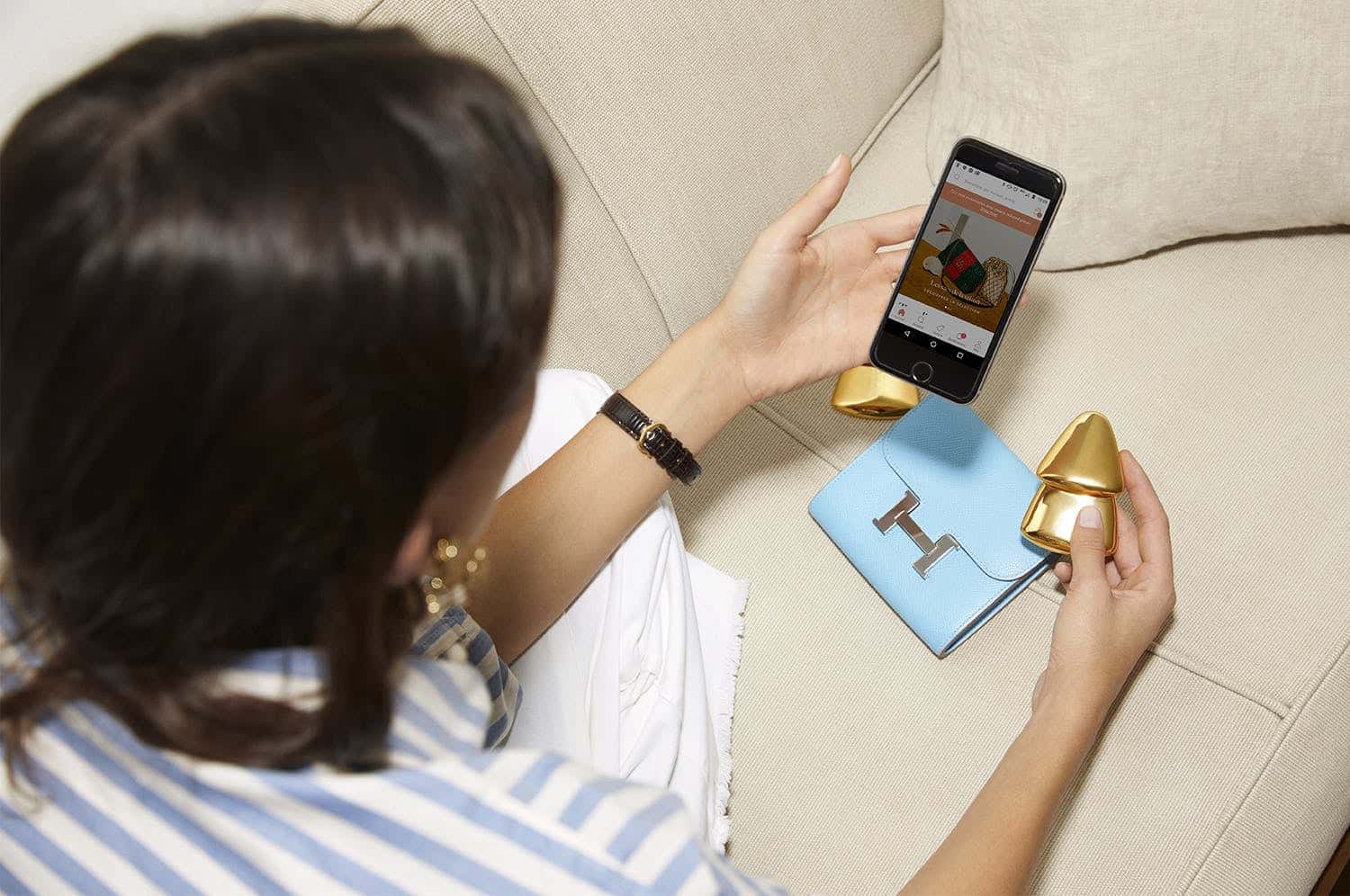
Thus, there has been a clear resurgence of these two sectors, with transactions up +23% at the end of April, according to the start-up Contentsquare.
Today, the question of the importance of an omnichannel strategy for luxury brands has therefore resurfaced with particular acuity.
The challenge for the big houses is to succeed in conveying emotion, to continue to make people dream about their products in a way that is as relevant online as it is in points of sale, but also to provide the right personalization tools on cell phones, via an ultra-quality 3D experience that allows, for example, to scan a product with a smartphone to perceive it in real size.
But it is also in the DNA of luxury to offer tailormade products. And this need for personalization will be accompanied by new demands on the way of consuming, and buying a product wherever you are, in the subway, in your car, or even while walking.
Luxury brands will thus have to work on their own online sales channels in order to fully control the customer experience and preserve their brand image or “e-reputation“, and this will require innovative initiatives, such as the creation of ephemeral virtual stores or “pop-up stores“.
On a global level, it should be remembered that 55% of online sales take place directly on the brands’ e-commerce websites.
“The luxury customer experience must be reinvented around a more assertive digital experience, to become as motivating sitting on a couch as it is physically in a store.” concludes Henri Foucaud, Founder of Hapticmedia. But this will not be possible without the help of data, which beyond meeting the need for personalization, allows m-commerce to take a real turn. To cite just a few examples, voice search, chatbots, all these automated features that facilitate buying and searching, but also the analysis of real consumer behavior, are now very present to promote omnicanality.
Featured Photo : © Press
[/vc_column_text][/vc_column][/vc_row]




